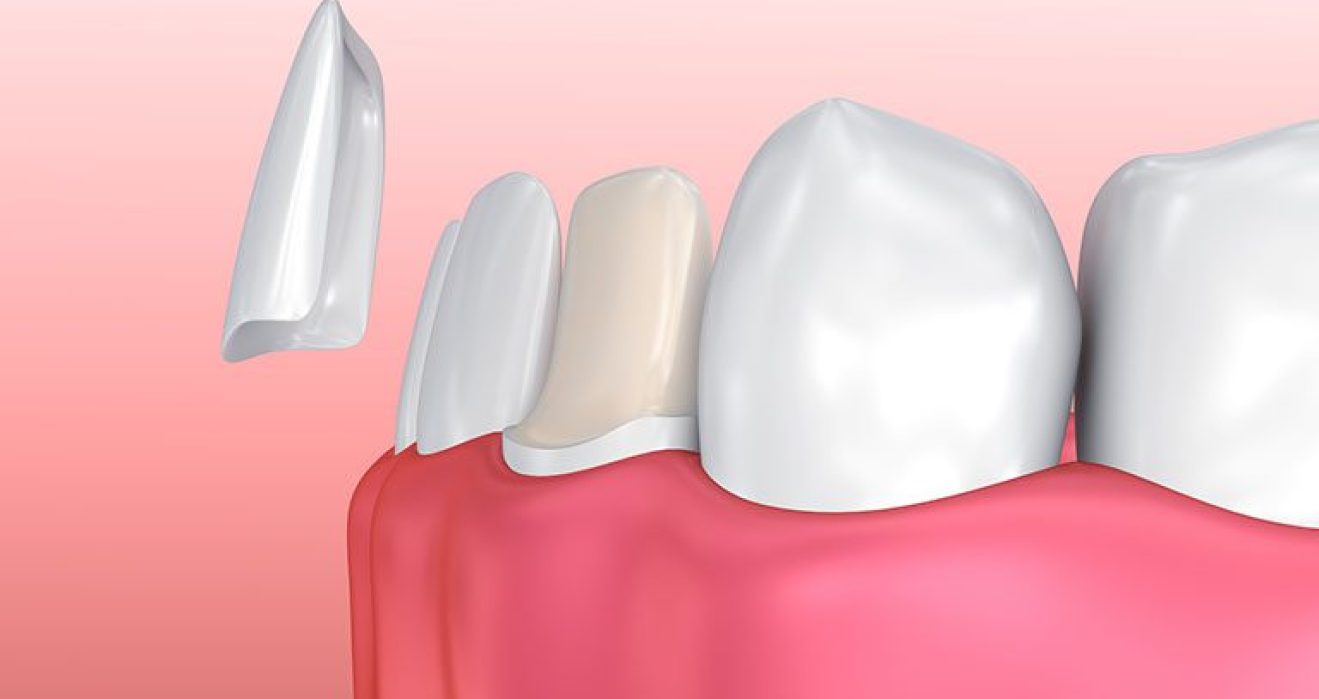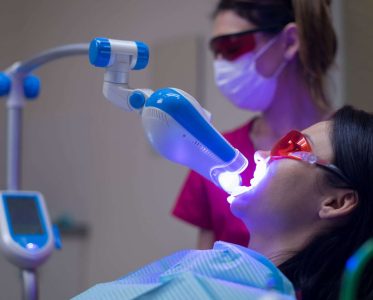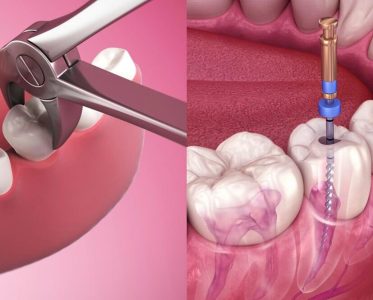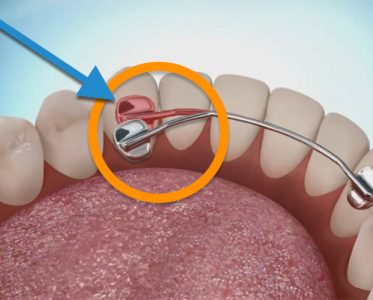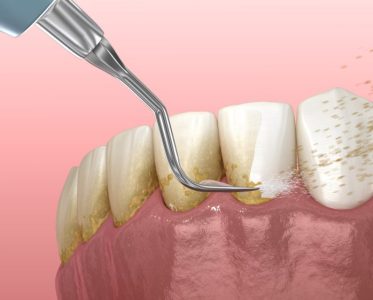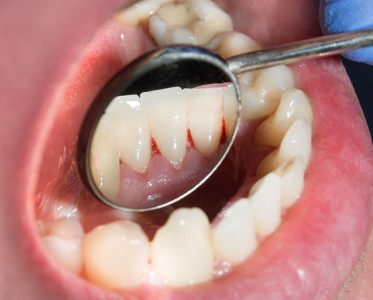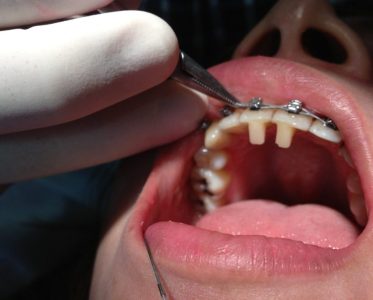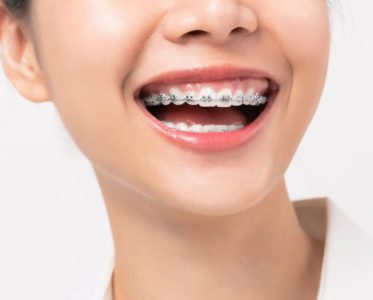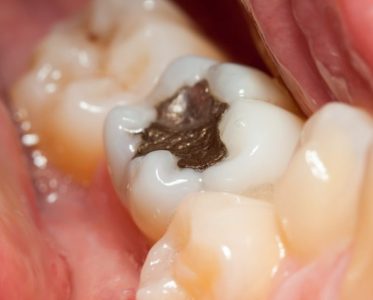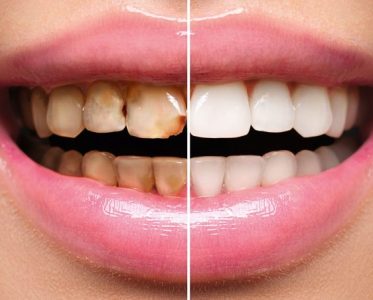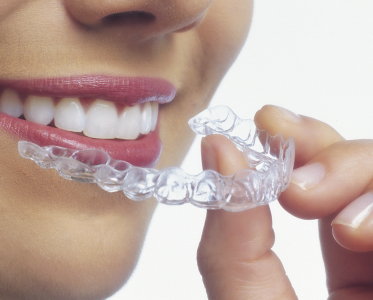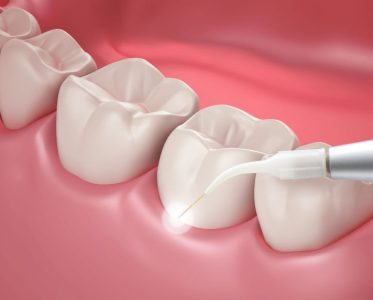Dental veneers are shells made of porcelain veneers or dental porcelain laminates. They are custom-made shells of tooth-colored material designed to cover the front surface of your teeth. A dentist uses them when your teeth’ color, shape, size, or length changes.
What are the main types of Dental Veneers?
Dental veneers can be made from porcelain or resin composite materials. Also, porcelain veneers resist staining better than resin veneers. Also, they provide an original teeth-like appearance and functionality. Therefore you should consider visiting Emergency Dentist Houston to know what is best for you.
What Types of issues Do Dental Veneers Fix?
Dental veneers routinely fix:
- Discolored or stained teeth
- Root canal treatment
- Stains from tetracycline or other drugs
- Excessive fluoride use
- Large resin filling
- Worn teeth
- Chipped or broken teeth
- Uneven or misaligned teeth
- If you’ve gaps between the teeth
Dental Veneer Procedure
Getting dental veneers requires three dental visits, first for consultation, two for fabrication, and third for application of veneers. One or many teeth can undergo the veneer treatment at the same time.
Diagnosis and treatment planning
You will tell the dentist open on Saturday about the objective of the treatment or the result you wanted. During the appointment, a dentist will examine your teeth, make sure you are a good candidate for dental veneers, and discuss both pros and cons of the treatment. After that, they will Scan and take X-rays for the impression of your teeth and mouth.
Preparation
To prepare a tooth, your dentist will sharpen your teeth surface by removing a few layers of your teeth surface. You and your dentist will administrate local anesthesia to numb the area of your teeth. Next, they will use X-rays and digital scans to make a model for dental veneers. Veneers Houston takes 2-4 weeks to come back from the laboratory; meantime, your dentist uses temporary veneers to save your teeth impressions.
What are the Benefits of dental veneers?
- They provide an aesthetical and natural look.
- Porcelain doesn’t damage gums.
- Porcelain veneers are stain-resistant.
- A dentist near me can blend them into the teeth’s original color
- They generally don’t require as much shaping as crowns, yet they are stronger and better functional.
What are the limitations of dental veneers?
- This is an irreversible process.
- Veneers cost you more as compared to resin bonding.
- Surfaces can not be repaired if they get chipped or cracked.
- Due to enamel trimming, you may start experiencing more sensitivity to cold and hot food or drinks.
Veneers may not exactly blend with your surrounding teeth and cannot be altered once it’s in place. If you want teeth whitening, you should do it before the dental veneers.
Though unlikely, veneers can dislodge or fall off. To minimize the risk, you should not bite nails, chew pencils, ice, or other hard items that hurt your veneers or restorative procedure.
Conclusion
If you are suffering from stained, chipped, or knocked teeth, you should consider visiting a Dentist Open On Saturday Near Me for thorough treatment and diagnosis of the issues.


